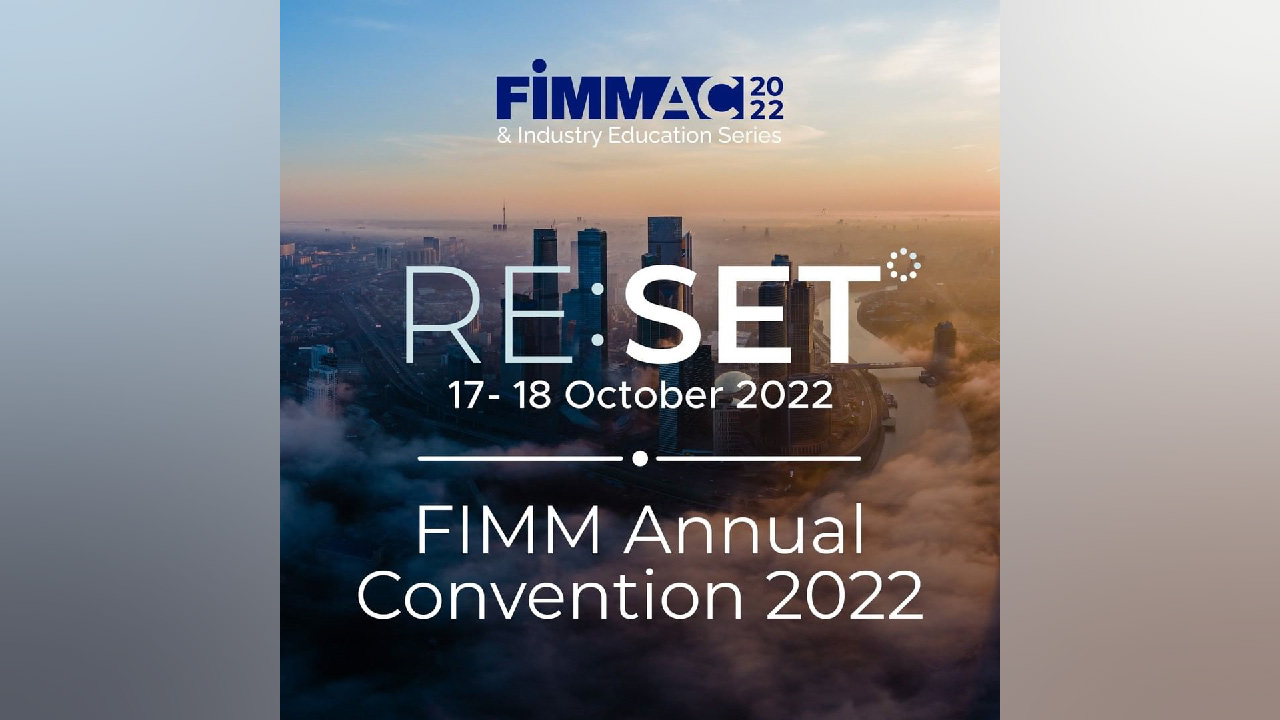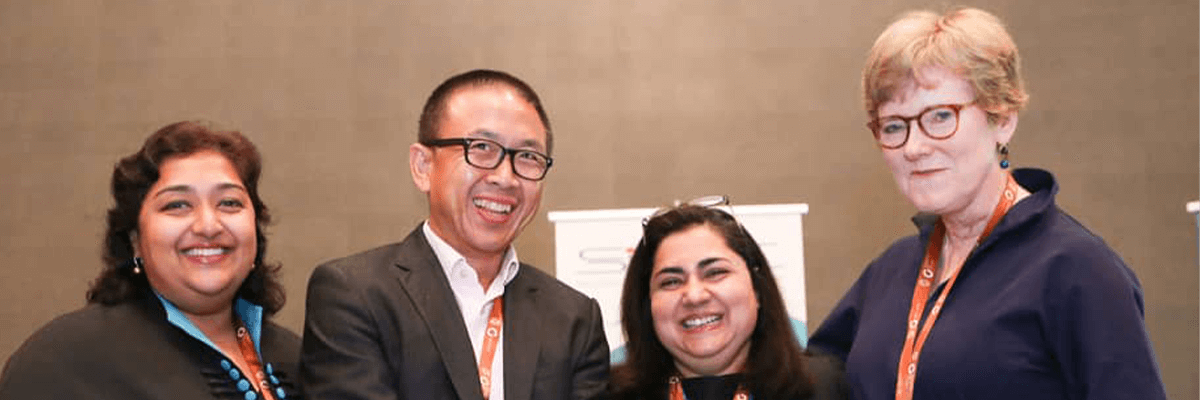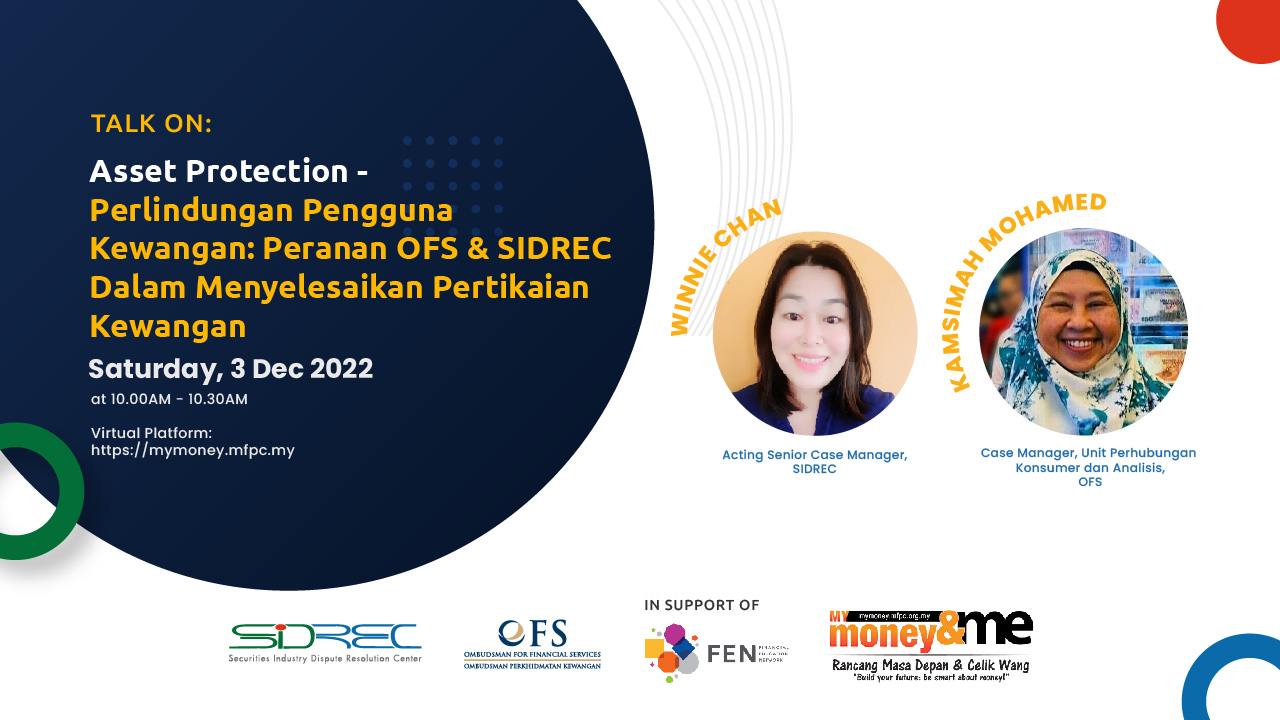
Virtual FIMMAC & IES 2022
Announcements Meet us virtually at the Virtual FIMMAC & IES 2022 with the theme of RE:SET from 17 to 18 October 2022. The event will

Crucial to SIDREC’s role in the investor protection framework is the independence and impartiality of the dispute resolution avenue it provides to help investors resolve their investment disputes involving financial loss, with capital market intermediaries.
The Securities Industry Dispute Resolution Center (SIDREC) is a dispute resolution body for monetary claims made by individual investors against capital market intermediaries such as banks, brokers and fund managers in relation to any dealing or transaction involving capital markets services and products.
SIDREC was established by the Securities Commission Malaysia (SC), as part of the SC’s investor protection framework under the 1st Capital Market Master plan, to ensure retail investors, particularly smaller investors, have access to redress. It is to see that they are not disenfranchised from getting help to resolve a dispute with a market intermediary, just because they are unable to afford the help or do not know how to go about it.
Crucial to SIDREC’s role in the investor protection framework is the independence and impartiality of the dispute resolution avenue it provides to help investors resolve their investment disputes involving financial loss, with capital market intermediaries.
SIDREC has come a long way since its inception in December 2010. It has now clearly cemented its footprint in the market eco-system as an effective alternate dispute resolution avenue for investors in the capital market.
“We offer and operate a dispute resolution mechanism which is accessible, efficient and effective to the investing public. Our dispute resolution process and approach is based on the principle of what is fair and reasonable in all the circumstances of the case,” said SIDREC CEO Sujatha Sekhar Naik.
The outcome would depend on the strength of the case and all relevant factors. What the parties can be assured of is informed expert help through an independent and impartial process.
In this regard, SIDREC will facilitate a fair resolution of the dispute, through case management and mediation. Where a mediated resolution is not possible, the matter will proceed to adjudication. Here, SIDREC will issue a decision on the dispute, referred to as an award. If the investor accepts the decision, the award issued will be binding on SIDREC’s member. So, parties are able to achieve closure on the matter, either by way of a mediated settlement agreed to by both parties or by way of an adjudication award.
MANDATORY, VOLUNTARY SCHEMES
SIDREC started operations in 2011 with a claim limit of RM100,000. In 2015, it was raised to RM250,000, under SIDREC’s mandatory scheme. If the investor’s claim exceeds this amount and if he is willing to limit his claim to RM250,000, he may still submit a claim under the mandatory component.
It is important to note that, in meeting its mandate to provide access to redress – specifically to the smaller investor – there are three important aspects of the mandatory scheme:
To ensure it remained relevant to the needs of investors in an evolving market environment, SIDREC has also introduced a voluntary scheme for claims above RM250,000 and for court-referred mediation.
While there is no claim limit under the voluntary scheme, Sujatha said both the claimant and SIDREC’s member must agree to seek its help.
“Lawyers are permitted into the dispute resolution process, and both parties are charged a reasonable fee for the service,” she said. “With the inclusion of this component, SIDREC is now a step closer in its endeavor to become a one-stop centre for capital market related disputes.
“SIDREC has also positioned itself to provide mediation for cases referred to it by the courts within the Judiciary’s court referred mediation avenue.”
With the issuance of the Practice Direction No. 4 of 2016 by the Office of the Chief Registrar of the Federal Court of Malaysia, directing courts to encourage parties to first try to mediate a resolution of their dispute before progressing their disputes through the court system, SIDREC also ensured that its rules were amended to enable it to take on any disputes that were referred to SIDREC by the courts, for mediation.
The introduction of the voluntary scheme opens up access to SIDREC’s expert service to all retail investors and capital market intermediaries, who need SIDREC’s help regardless of the quantum in dispute. At the same time, it ensures that smaller investors continue to have free access to SIDREC’s service through its mandatory scheme.
RAISING AWARENESS
Sujatha acknowledged that whilst significant progress has been made in raising awareness there is much more that needs to be done.
“It is always a challenge in a small outfit like ours in undertaking our awareness to balance our resources both in terms of cost and human resource with the need to undertake more awareness initiatives. We have been lucky in having the support of the SC and CMDF funding for our awareness and capacity building efforts.
“In the coming year, continued more effort will be made to ensure there is greater awareness of the availability of our service,” Sujatha said.
For this purpose, SIDREC will be exploring a host of below-the-line advertising as well as intensifying its online and social media publicity.
“The intent is not to drum up claims, but more to ensure people who need the help know it exists and where to find it.
“The effectiveness of our approach in helping parties resolve their disputes is reflected in the fact that more than 90% of the eligible disputes SIDREC has received to date, have been resolved through its case management or mediation,” she said.
And those that cannot reach an agreed resolution through mediation will proceed to adjudication and receive a final decision by SIDREC’s adjudicator.
“This then has the added benefit of contributing to investor confidence when participating in the market. We’ve come a long way as a dispute resolution body for the capital market,” said Sujatha.
She said SIDREC has a role in contributing to market discipline and improving the overall standards in the capital market.
“Parties always leave the table with an understanding of what caused the dispute and steps that could have been taken to avoid a repeat of the same in the future.
“This way, dispute resolution bodies can act as an effective ‘nudge’ towards better or more responsible and ethical behaviour and habits on the part of both investors and the capital market intermediaries,” she said.
At the same time, the insights and understanding gleaned contribute to the market intermediary’s own risk management and efforts to instill self-discipline and ethical practice in their representatives.
In its quest to further promote and enhance awareness and understanding of its services to the investing public and capital market intermediaries, SIDREC continues to network with other like-minded bodies in alternative dispute resolution (ADR) such as the Ombudsman for Financial Services in Malaysia (for banking and insurance related disputes) and other stakeholders.
In August, SIDREC took part in the International Malaysia Law Conference 2018 organised by the Malaysian Bar Council where Sujatha moderated two panel discussions.
Barrister and ADR professional Marion Smith, was one of the panelists in a session entitled Dispute Resolution in the Securities Industry: The Way Forward.
Smith, a Queen’s Counsel in England, said that many people today opt for ADR to resolve disputes even if the outcome may not be exactly what they wanted. The reason: they are above all, seeking closure of their disputes and not just winning in the court of law at all costs. And they want a fair process.
In the UK, legal practitioners, ADR professionals and clients alike are actively accessing the entire range of ADR with litigation, arbitration, adjudication, expert determination, mediation and negotiation for dispute resolution for all commercial disputes.
An important component in this ADR landscape is the Financial Ombudsman Service UK, that provides an avenue for redress for financial market related disputes involving monetary loss. Mediation, in one form or the other, is reflected through the dispute resolution spectrum for the simple reason, that it works.
“Regardless of the perspective you take, mediation has been very successful for us and I believe will continue to be so,” said Smith.
She added, “ADR in one form or the other, has been gaining momentum in the UK since 1998. English courts now encourage all parties in an investment related dispute to first seek out mediation before elevating it to the courts. This has significantly unclogged the legal system while also at the same time saving the disputing parties time and cost.”
COMPLEX SPACE
Sujatha noted that the financial markets are becoming an increasingly complex space with a multitude of investment products and access points for investors including the smaller investor.
“Disputes are a given. It is important that the ecosystem provides avenues for access to redress such as the one SIDREC provides. It contributes to investor confidence and a robust and credible marketplace. It is also important for all stakeholders to work together in creating the awareness of the help that is available.
“It is important for legal counsel and other advisers to be aware and understand the available options out there for them to reach out to in advising their clients. Willingness to reach into this toolbox of possible avenues/options allows them to choose one or a mix, which will best serve their client’s interest and this will in the end benefit their practice,” she said.
The other two panelists, lawyer and ADR professional, Shanti Abraham and journalist and commentator, Khoo Hsu Chuang also shared their perspectives. “The capital markets have taken mediation and adjudication to a whole new level,” said Shanti.
“They have created not just specialist dispute resolution centres for investors and capital market intermediaries, but have also successfully utilised mediation as an effective tool to achieve positive outcomes.”
Shanti, who is also a member of SIDREC’s panel of mediators, pointed out that in addition to mediation and adjudication having the potential to resolve disputes quicker and more effectively, the parties involved might also take away valuable insights or lessons from the entire experience.
On his part, Khoo noted, “Malaysia’s capital markets and investors are fast-maturing and it is only a matter of time before they follow the trend of more-developed jurisdictions in whole-heartedly embracing the plethora of pro bono or affordable options such as what SIDREC is currently offering – the services of a financial services scheme or ombudsmen in the unwelcome scenario of a dispute.
“Investors will always welcome clarity, ease of use and simplicity when utilising such options and they will appreciate as wide a purview of coverage as possible. Avenues such as mediation should be the norm as opposed to say, the courts, as the port of first call when disputes arise.”
While many developing countries have started exploring beyond traditional options such as the courts and arbitration as the only options for dispute resolution in the capital markets, Malaysia – through SIDREC – is one of the few in the region taking the lead in providing investors in the capital market an affordable and effective alternative route to resolve their disputes.
This article was first published in The Malaysian Reserve on December 18, 2018.
Click here to download/view the original publication.

Announcements Meet us virtually at the Virtual FIMMAC & IES 2022 with the theme of RE:SET from 17 to 18 October 2022. The event will

A SIDREC Info Alert:
Bank Negara Governor announces new requirements lowering the threshold for banks’ daily cash threshold report (CTR), from 1 January 2019.

Announcements Come join us virtually at the upcoming “My Money and Me” event on 3rd December 2022 where you can learn more on the importance
Securities Industry Dispute Resolution Center (201001025669)
Unit A-9-1, Level 9, Tower A
Menara UOA Bangsar
No. 5, Jalan Bangsar Utama 1
59000 Kuala Lumpur
T: +60-3-2282 2280
F: +60-3-2282 3855
E: info@sidrec.com.my